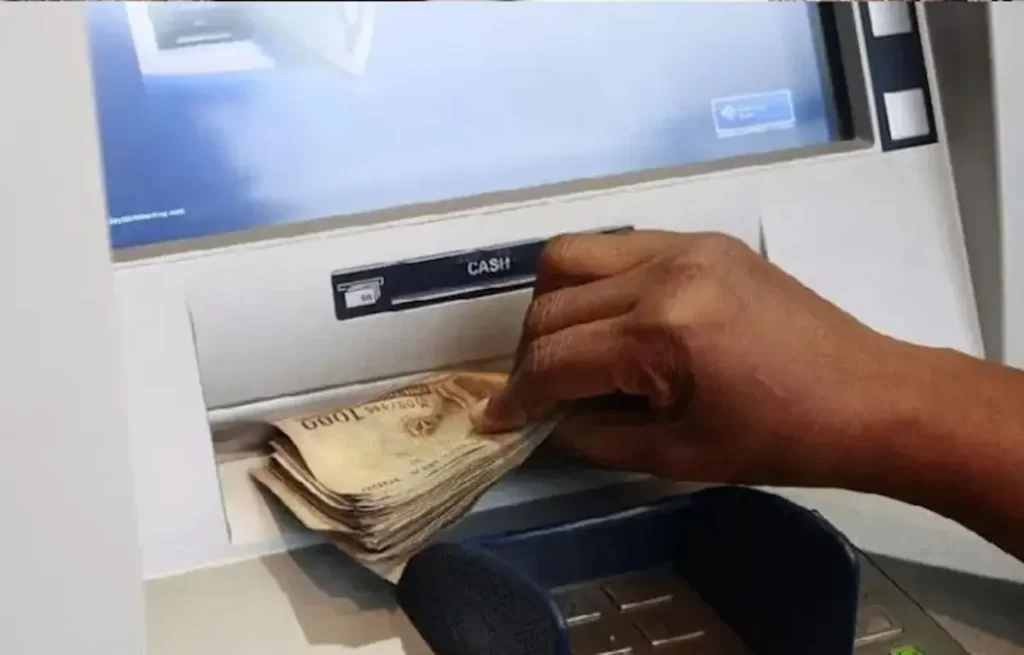
Despite the directive of the Central Bank of Nigeria (CBN) insisting on the use of both the old and new naira notes, some parts of the country have been faced with scarcity of the Nigerian currency.
Cities worse hit by the recent naira scarcity which began about two weeks ago include parts of Lagos, Abuja, Kano, Katsina, Adamawa among others.
The most markets and business places depend more on the use of cash than band transfer transfers or cheques.
The naira scarcity has affected business transactions in local markets, especially in the northern part of Nigeria where buyers and sellers prefer to deal in cash instead of bank transfers.
But the CBN has insisted that the seeming cash scarcity in some locations is due largely to high volume withdrawals from the CBN branches by Deposit Money Banks (DMBs) and panic withdrawals by customers from the Automated Teller Machines, ATMs).
The CBN, through its director, corporate communications, Isa Abdulmumin, assured the public that there was sufficient stock of currency notes for economic activities in the country.
“The branches of the CBN across the country are also working to ensure the seamless circulation of cash in their respective states of operation,” Abdulmumin said.
The CBN had announced in March that in compliance with the order of the Supreme Court, banknotes remained legal tender alongside the redesigned banknotes until December 31.
“For the avoidance of doubt, while reiterating that there are sufficient banknotes across the country for all normal economic activity, we wish to state unambiguously that every banknote issued by the Central Bank of Nigeria (CBN) remains legal tender and should not be rejected by anyone, as stipulated in Section 20(5) of the CBN Act, 2007,” Abdulmumin had said in the statement.
However, checks across the country revealed serious scarcity of the naira amid reluctance by traders, farmers, among others to release their wares even when prospective buyers are willing to make bank transfers.
At prominent village markets in Kano, Katsina, Jigawa, Adamawa, Kaduna and Taraba, lack of cash is affecting businesses.
This is at a time when farmers have harvested their goods and taken them to market hoping to sell.
However, merchants who trooped to such markets from the towns to buy the commodities have been mostly stranded as middlemen scramble to get cash for them.
Buyers who cannot access cash are often forced back home due the unwillingness of the sellers to accept cheques and bank transfers.





